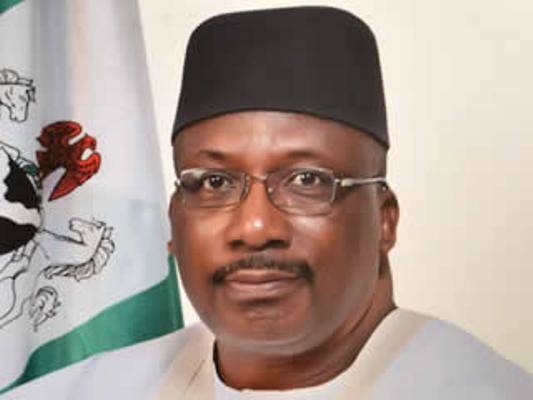The Federal Government has warned Nigerians to enroll for the National Identity Number (NIN) to avoid falling into stateless situation.
The Minister of Interior, Abdulrahman Dambazau gave this warning in Abuja on Friday, at the opening ceremony of the #IBelong campaign to end statelessness.
Represented by the Permanent Secretary of the Ministry of Interior, Mohammed Umar, Dambazau expressed regrets that most Nigerians were not taking the NIN registration seriously.
“We have to make sure that a firm commitment is made in achieving this [eradication of statelessness in 2024].
“We have been making sure that no Nigerian becomes a stateless person through the National Identity Number enrollment.
“Regrettably, most Nigerians don’t care about registering for the number. We have registration units all over the country but Nigerians are not concerned,” he lamented.
Dambazau who said it was difficult to protect those without official means of identification, also expressed dismay that most Nigerians do not have an authentic date of birth.
He however, expressed optimism that the country will continue to take steps towards eradicating statelessness.
On his part, Head of Africa Program, Open Society Justice Initiative, Chidi Odinkalu lamented that access to prove of nationality in Nigeria is hard, adding that fees for state of origin was too expensive.
He said the Bakassi situation had made over 300, 000 people stateless as they were neither Nigerians nor Cameroonians.
Odinkalu urged the government to acknowledge that Nigeria was having a problem of statelessness, adding that it was the first step in addressing the problem.
Speaking earlier, the United Nations High Commissioner for Refugees’ representative to Nigeria and ECOWAS, Mr Jose Antonio-Canhandula, also called on the Nigerian government to fast track the adoption of the National Action Plan to resolve statelessness in the country.
He said that meeting the global deadline of ending statelessness by 2024 required the political will and commitments of the governments.
“We are hoping that the National Action Plan would be adopted by the Federal Executive Council in the shortest possible time if Nigeria is to meet the global target of eradicating statelessness by 2024.
“With enough political will, we believe that statelessness can be resolved,” he said.
In 2015, ECOWAS Member countries have signed the Abidjan Declaration on the eradication of statelessness in the ECOWAS Member Countries followed by the Banjul Plan of Action in 2017.

 Join Daily Trust WhatsApp Community For Quick Access To News and Happenings Around You.
Join Daily Trust WhatsApp Community For Quick Access To News and Happenings Around You.


